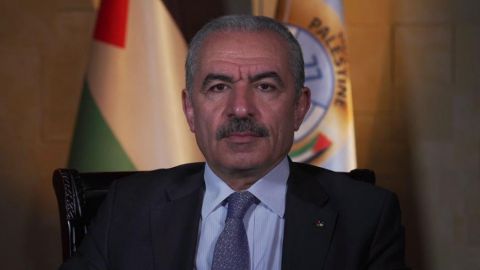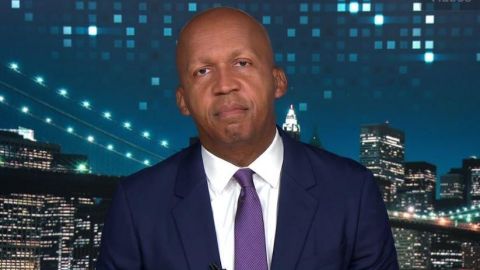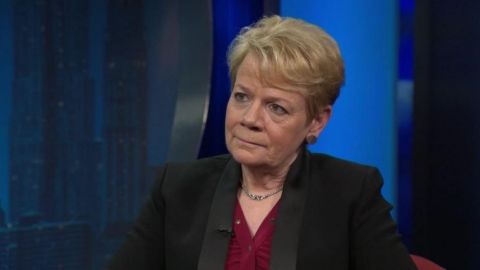Read Transcript EXPAND
BRYAN STEVENSON, FOUNDER AND EXECUTIVE DIRECTOR, EQUAL JUSTICE INITIATIVE: Yes. That’s right. And I think the court’s ruling is a positive ruling, but that was a really extreme example of racial bias in jury selection. That prosecutor excluded 41 out of 42 African-Americans that had been called to jury service over a period of six years. There’s a lot of evidence to suggest that that man is innocent. And so, I think it’s great that the court made that ruling but we still have lots of other cases where the evidence isn’t as extreme where people of color are routinely excluded from serving on juries. We have too many counties in America that are substantially — have substantial African-American populations where no person of color sits on these capital trial juries and we’ve tolerated a lot of racial bias there. So, while the courts’ ruling in Flowers is encouraging, there’s so much more work to be done. The prosecutor in that case and the prosecutors in cases throughout this era have never really been held accountable for systemically excluding people of color from juries and that’s why we still have a lot of work to be done on that issue.
CHRISTIANE AMANPOUR: So, I need to ask you about Clarence Thomas. You know, Black associate justice on the Supreme Court who dissented he and Neil Gorsuch were the two decenters in the case by 7 to 2. And he said there’s no evidence to show that there was a race component to the prosecutor systemically barring Black people from being jurors. What do you make of Clarence Thomas reacting and ruling like that?
STEVENSON: Well, I think Justice Thomas represents a perspective that has tried to deny this long history of exclusion and bias against people of color. It’s not inconsistent with some of his earlier rulings. It is disappointing. Look, I’ve done cases in counties that are majority Black, that have never put a person of color on the trial jury. I’ve done cases where the prosecutor organized the jury pool into four groups of 25, one marked strong, one marked medium and one marked weak, and all Black jurors marked — put on a list marked Black, even excluded all of them. We have dramatic evidence of racial bias. I’ve done cases where the prosecutor uses the n-word to refer to the defendant, and I think that’s been destructive, I think it’s unhealthy. It is a barrier to equal justice under law. And it’s the thing that I’m most motivated to challenge and change because I don’t think we can get to justice any other way. We’ve now exonerated over 160 people who were proved innocent after being sentenced to death. That means that for every 10 people we’ve executed in this country, we’ve identified one-person innocent on death row. It’s a shocking rate of error. If you want into a supermarket and 1 out of 10 apples, if you touched it would kill you, we would stop selling apples. But we haven’t applied that consciousness to this death penalty. And we have a criminal justice system in this country that treats you better if you’re rich and guilty than if you’re poor and innocent, where race is a determinant of who is going to be sentenced to die, where there’s politics, where there’s mistakes, and that has to change.
About This Episode EXPAND
Christiane Amanpour speaks with Mohammad Shtayyeh, the Palestinian Prime Minister, in an exclusive interview. She also speaks with Bryan Stevenson about his long crusade for judicial justice. Alicia Menendez speaks with conductor Marin Alsop, the first woman to lead a major American orchestra.
LEARN MORE


